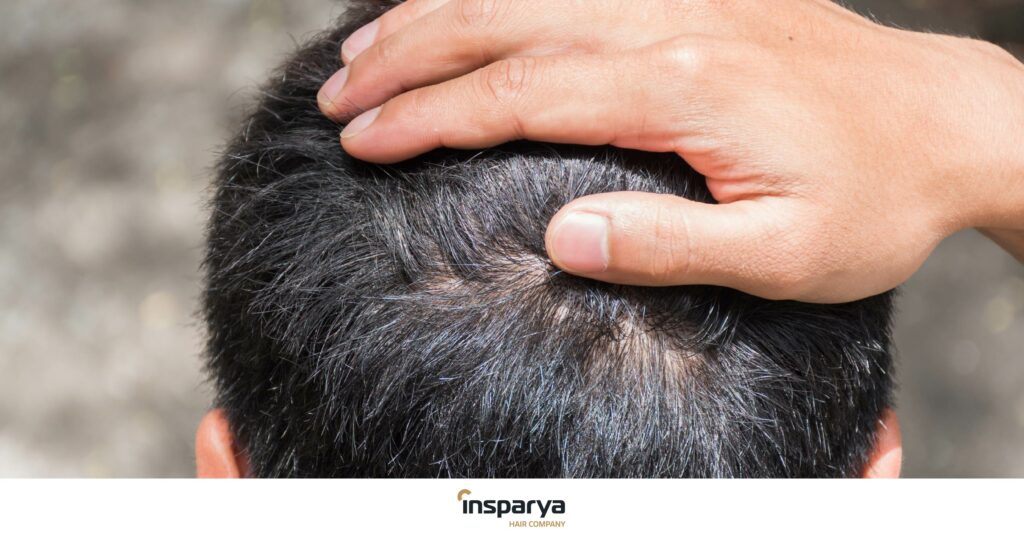Have you ever experienced an unexplained discomfort or pain in your scalp that seems to be related to your hair? You’re not alone. Many people experience scalp pain or sensitivity, and it can be a perplexing issue. In this article, we’ll explore the reasons behind scalp pain related to hair and what you can do about it.
The Physiology of the Scalp
The scalp is an incredibly sensitive area due to its rich network of nerves and blood vessels. It plays a crucial role in protecting the skull and brain while also providing an anchor for our hair follicles. The skin on the scalp is also thicker than on other parts of the body to protect against friction and abrasion.
Common Causes of Hair-Related Scalp Pain
One common cause of scalp pain is tension from tight hairstyles. Styles like braids, ponytails, or tight buns can pull on the scalp, causing discomfort. Additionally, chemical treatments or heat styling can sometimes lead to scalp irritation. Conditions like scalp acne or folliculitis can also cause pain and discomfort.
Medical Conditions and Hair-Related Scalp Pain
Scalp conditions like dandruff or psoriasis can cause itching and discomfort. These conditions often lead to an itchy, flaky scalp that can be quite painful if left untreated. Other medical conditions like scalp infections or folliculitis can also result in scalp pain. In some cases, scalp pain can be a symptom of an underlying medical condition like shingles or alopecia areata.
Lifestyle Factors and Scalp Health
Lifestyle factors such as diet, hydration, and sleep can impact scalp health. Poor nutrition or dehydration can lead to a dry, itchy scalp, while stress and lack of sleep can exacerbate existing scalp conditions. It’s essential to maintain a healthy lifestyle to support overall scalp health.
When to Seek Medical Advice
If you’re experiencing persistent or severe scalp pain, it’s essential to seek medical advice. Scalp pain can sometimes be a symptom of an underlying medical condition that requires treatment. A dermatologist can provide a thorough evaluation of your scalp and recommend appropriate treatments.
Remedies and Prevention
There are several remedies and preventive measures you can take to alleviate scalp pain. Scalp massages can help improve circulation and reduce tension. Using gentle hair care products and avoiding harsh treatments can also help prevent scalp irritation. In some cases, over-the-counter treatments like medicated shampoos or topical ointments may be recommended.
Q&A:
Q: Can stress cause scalp pain?
A: Yes, stress can contribute to scalp pain by causing muscle tension and affecting the body’s inflammatory response, which can exacerbate existing scalp conditions.
Q: Are there any natural remedies for scalp pain?
A: Yes, some natural remedies like aloe vera gel, tea tree oil, or apple cider vinegar can help soothe scalp irritation. However, it’s essential to consult with a healthcare professional before using any home remedies, especially if you have a pre-existing scalp condition.
Q: Is scalp pain a sign of hair loss?
A: Scalp pain can sometimes be associated with hair loss, especially if it’s accompanied by other symptoms like itching or inflammation. However, many factors can contribute to hair loss, so it’s essential to consult with a dermatologist for a proper diagnosis.
